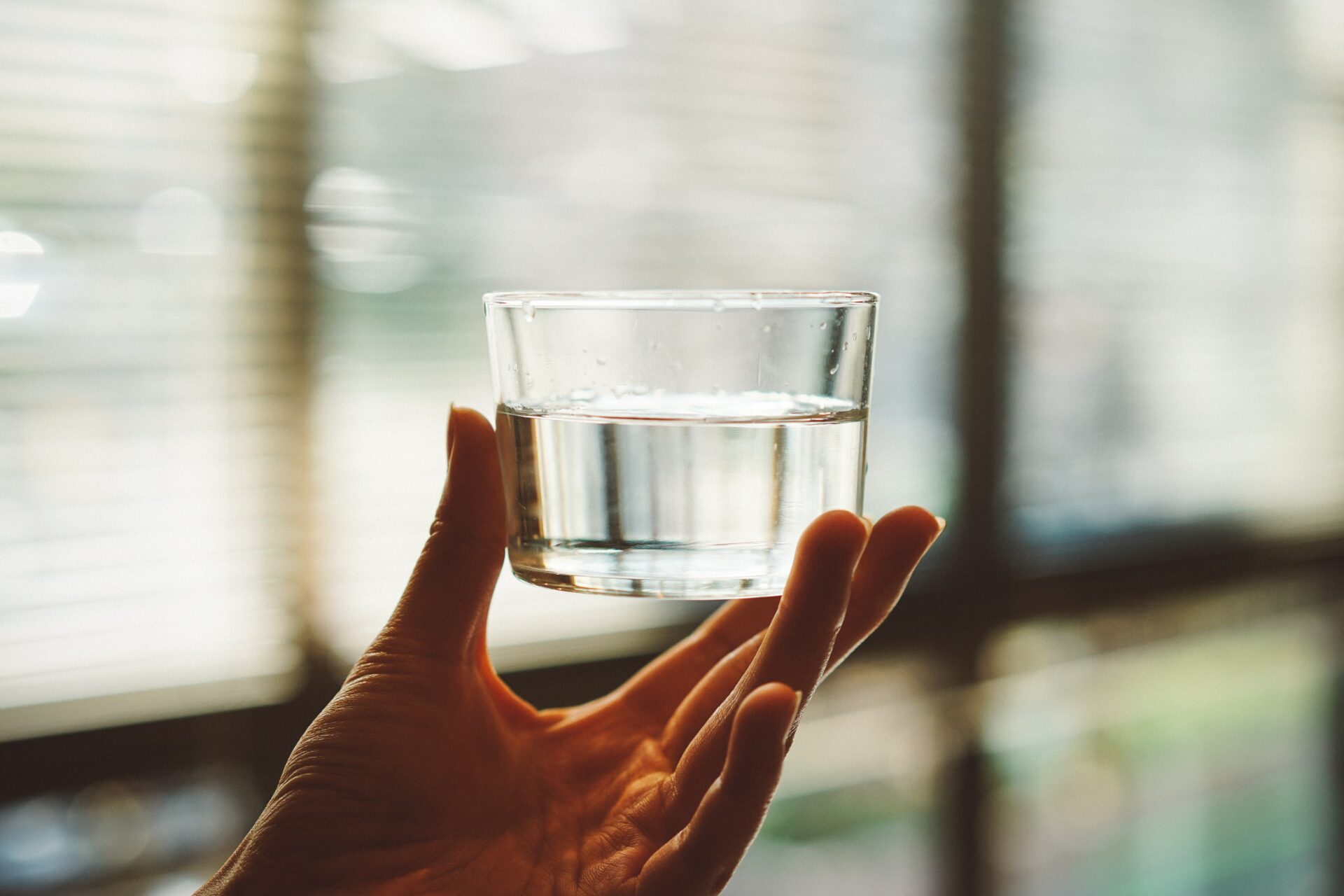Healthy individuals are typically recommended to drink 4 to 6 cups of water every day. The exact amount may differ based on personal lifestyles, conditions, and diets (e.g. fruits and vegetables can hydrate us).
As numerous studies indicate, dehydration can lead to feelings of fatigue. Losing fluids—such that the body mass drops by a percentage or two—can greatly amplify these feelings, as the brain may need to work harder in a dehydrated state. That means drinking enough water consistently may help you keep your energy levels high.
3 tips for staying hydrated—and energized:
1. Choose the appropriate drink
Generally, the best way to get hydrated is to drink plain water. Many alternatives do exist, but they might a) not be the best for prolonged intake and b) even take a toll on your health.
For instance, excessively drinking iced tea may, over time, lead to kidney failure. Similarly, commercially available canned soups may contain high levels of sodium (associated with cardiovascular disease) or oxalate (which may lead to kidney stones). Having too many energy drinks (commonly high in sugar) may lead to or exacerbate complications like diabetes.
2. Space out your water intake
Remind yourself to drink water regularly throughout the day—moderation is key. Drinking too much water at once can lead to water intoxication and hyponatremia (where your sodium levels are too low), which can cause nausea, vomiting, confusion, and, in extreme cases, brain swelling. In addition, avoid drinking water only when you’re thirsty, as you may already be dehydrated (and tired) by then.
3. Get enough sleep
Sleeping too little can lead to dehydration. According to a study analyzing data from more than 10,000 individuals, participants reporting 6 hours of sleep had up to nearly 60% higher risks of dehydration relative to those reporting 8 hours. Researchers theorized that this might be because insufficient sleep reduces the production of vasopressin, a hormone that helps the body retain water. So, lethargic feelings may arise from a) inadequate sleep itself and b) the dehydration it’s associated with.
